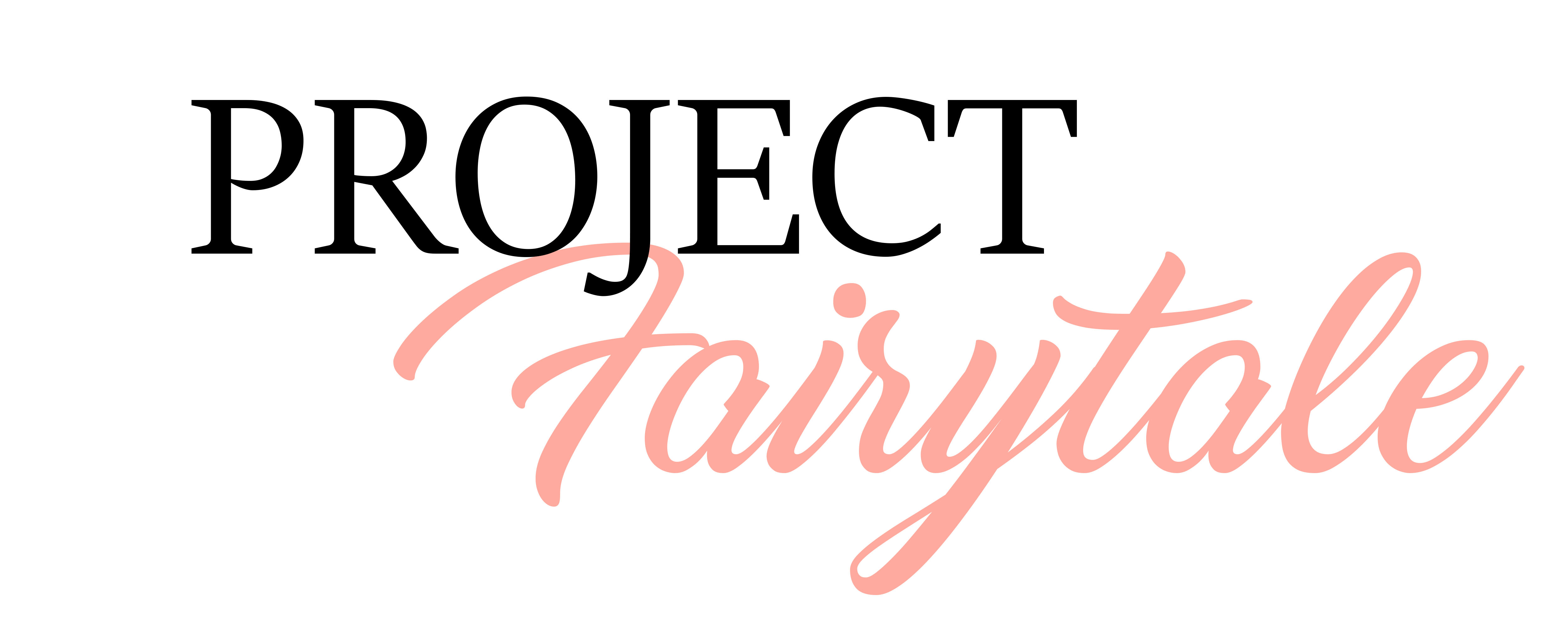image source
Nursing requires personal attributes like patience, resilience and empathy. It requires special skills, too, that come with medical training and continuing education related to one’s job. However, you really shouldn’t try to coast on what you learned in school. Whether you have an associate’s degree or an advanced degree in nursing, there are a number of benefits to continuing your education. Here are five reasons nurses should consider furthering their education.
You Would Like to Earn More Money
A higher degree is directly linked to higher pay in nursing. For example, the median pay for nurse practitioners is over $100,000. This is 60 percent higher than RNs make, yet you don’t have to quit your job to earn this coveted degree. You could earn an RN to MSN-NP online. If you only have an associate’s degree in nursing, AND to NP bridge programs help you to quickly move up the ranks to nurse practitioner. If you decide to get a master’s degree in a nursing specialty instead, you’ll earn roughly 44,000 dollars more per year than you did with just an ADN.
You Want Better Job Security
One industry student found that many nurses with associate’s degrees pursue more education because they lack a nursing work background. Earning a bachelor’s degree in nursing makes them a preferred candidate for any open position. Furthermore, they’re in demand. Those who hold a BSN degree are more likely to have job offers upon graduation than any other group. Specialize in an area like acute care or gerontology, and you’ll ensure that you’re in demand for years to come due to demographic shifts occurring today.
You Want to Better Meet the Needs of Your Patients
Everything is changing, but it is hard to find an area undergoing more rapid changes than medicine. Paper charts are replaced by electronic medical records. The technology used to diagnose and treat patients is advancing. The standard diagnostic methods and treatments are changing, too.
Nurses who fall behind aren’t doing the best they could for their patients. Returning to school could help you learn skills like motivational interviewing or appreciative inquiry. Skills like reflective listening are considered essential to delivering patient-directed care – the preferred healthcare model for many organizations. They also improve interactions with patients and colleagues.
Earning a bachelor’s degree can have a direct impact on your patient outcomes, as well. A 2011 study found that a 10 percent increase in the number of nurses with bachelor’s degrees reduced the risk of patient death by 4 percent across the board.
You Need to Do Something Different
If you’re tired of walking the wards, earning a master’s degree in anesthesia will allow you to work in the operating room and at a higher pay rate. You could also earn a master’s degree and work in intensive care, pediatrics, or psychiatrics. The master’s degree opens the door to a new discipline and higher pay rate.
Alternatively, you could move into a specialty with more predictable hours and a lower stress level. Then you can’t be forced to work mandatory overtime or be begged to work the weekend. If you want to leave nursing and pursue teaching, a master’s degree in nursing is considered the minimum to hold the job. Additional credentials are necessary to move into healthcare management, as well.
You’re Not Cut Out for Direct Patient Care
A lot of nurses may also realize that they don’t have the emotional make up necessary to work on the floor. While some just can’t handle the pressure, others may find that having such a direct connection with their patients is draining them, or that they take loss more seriously than they imagined.
In these cases, considering off patient jobs could be a great solution. This is especially true if you managed to get a few years under your belt before you decided the floor wasn’t for you. You will still have a wealth of experience that other candidates may not have, which will give you better insight into the facility’s financial decisions and how they would affect nurses and patients. You might also realize that you were born to be an administrator, and will be able to affect the life of your patients on a whole other level.
If you’ve found your calling as a nurse, you can still do more and be more by learning more. Determine what you want to do and where you want to end up, and then choose the field of study that’s right for you.
Keep up with Project Fairytale
Facebook / Pinterest / Twitter
Follow my blog with Bloglovin



